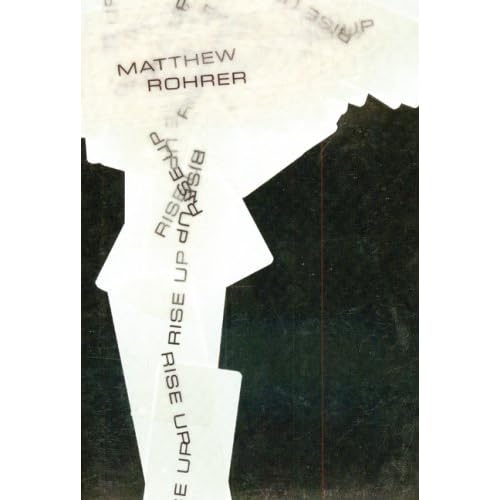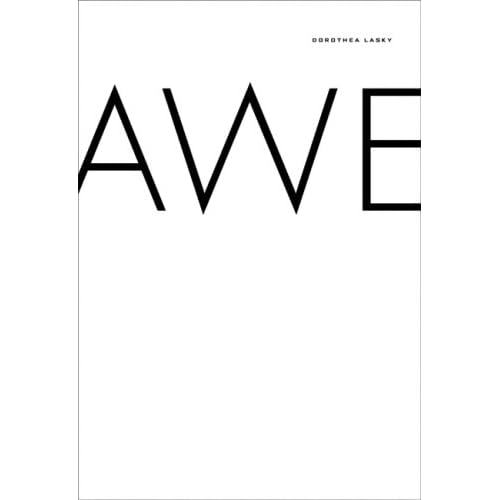I'm meeting Mongo for dinner this evening, so it seems especially appropriate that I pass on his press release in this blog. I've mentioned various items from his podcast, Indiefeed Performance Poetry, but really, you should subscribe to it. First the press release, then a handful of performances I really think you should check out.
---
The IndieFeed Performance Poetry Channel Celebrates 500 Shows
Releases Original Recording of “Howl” by Allen Ginsberg
(South Royalton, VT)
The IndieFeed Performance Poetry Podcast, a member of the IndieFeed Podcast Network (http://indiefeed.com), is proud to announce its milestone 500th Episode. To mark the occasion, a special anniversary podcast will begin airing on Friday, January 30th 2009, showcasing the earliest full recording of “Howl (for Carl Solomon)” by Allen Ginsberg.
IndieFeed worked closely with the estate of the late poet in order to bring this historic recording to its podcast audience. As founder and host Wess “Mongo” Jolley says during the show, “What is really critical to understand about Ginsberg is how his work signaled a cultural shift, a moment in time when suddenly poetry in performance became something totally new, and would never be the same again. I contend that without Ginsberg, and specifically without Howl, the poetry slam would be unrecognizable. In fact, we would probably never have had anything even remotely resembling today’s modern performance poetry movement. This poet, and indeed this poem, is that important.”
The IndieFeed Poetry Performance Podcast series was founded in 2006 to celebrate the diverse artists of the spoken word community. The independently produced show is consistently one of the top three poetry podcasts on iTunes, drawing 100,000 downloads every month, and over two million downloads overall.
Since its founding, the podcast has exposed its audience to works by over 200 diverse poets, including poetry slam powerhouses such as Patricia Smith, Beau Sia, Taylor Mali, and Cristin O’Keefe Aptowicz; cowboy poets such as Linda Hasselstrom, John Dofflemyer and Paul Zarzyski; contemporary greats such as Mark Doty and Kim Addonizio; and even historical recordings of legendary icons such Sylvia Plath, Gregory Corso and Jack Kerouac.
The series typically releases three new tracks every week featuring one poem per show, followed by commentary and resources to learn more about the poet. All the works featured on the show are written and performed by the poets themselves, and are available for download free of charge at the IndieFeed site (http://performancepoetry.indiefeed.com) and on iTunes.
The 500th episode, showcasing Ginsberg reading his legendary epic poem, "Howl," has special meaning for host Mongo, who also founded “Ginzy.com,” an extensive Ginsberg website, in 1995. The site, which was the first comprehensive directory of Ginsberg information on the web, became a major resource for news organizations at Ginsberg’s death in 1997. The “Clearinghouse for all things Ginsberg” continued for several more years, until search engines such as Google made the site obsolete, and Mongo closed it in 2002. It was his relationship with the Ginsberg Estate that allowed him to use Ginsberg’s recording of his poem “America” in 2006, to celebrate the 50th anniversary of the original 1956 recording. Mongo is thrilled to be able broadcast another Ginsberg work, from that same amazing evening of poetry over a half century ago, to celebrate the show’s 500th episode.
“IndieFeed provides a unique opportunity for poetry lovers to look both backwards, to the greats like Allen Ginsberg, as well as forward, to the amazing young talent that continues to step onto stages for the first time, every day,” Mongo says. “We look forward to producing our next 500 shows, and continuing to bring great poetry to our audience.”
Beginning at 3:00 am on Friday, January 30, the 500th show can be downloaded directly at:
http://traffic.libsyn.com/poetry/indiefeed_allenginsberg_howlforcarlsolomon.mp3
New listeners are invited to explore to the complete archive of shows as well as subscribe to all new releases, at the main IndieFeed Performance Poetry website:
http://performancepoetry.indiefeed.com
Or by finding the podcast in the listings at the iTunes music store.
If you have any questions, or need any additional information, please feel free to reach out to Mongo directly at mongo[at]indiefeed.com
---
And here are some of my favorite episodes (not all!):
Big Poppa E - Seven Haiku
Roger Bonair-Agard - How Do We Spell Freedom?
Jamie DeWolf - Grim Fairy Tale
Shira Erlichman - Daddy's Parking Lot Sermon
Andrea Gibson - For Eli
Marty McConnell - Open Letter to the Straight Comedian Who Called Gay Domestic Violence A "Fair Fucking Fight"
Taylor Mali - Like Lilly Like Wilson
Mighty Mike McGee - Like
Glenn Phillips - Ma'am, Please Put Those Jeans Down
Lynn Procope - Butterfly Nut House
Beau Sia - Money
Patricia Smith - What to Tweak
Susan B. Anthony Somers-Willet - What the Doctors Forget to Tell You About Morphine
Jeanann Verlee - Unsolicited advice to adolescent girls with crooked teeth and pink hair
Buddy Wakefield - Pretend
6 weeks later...
3 weeks ago







